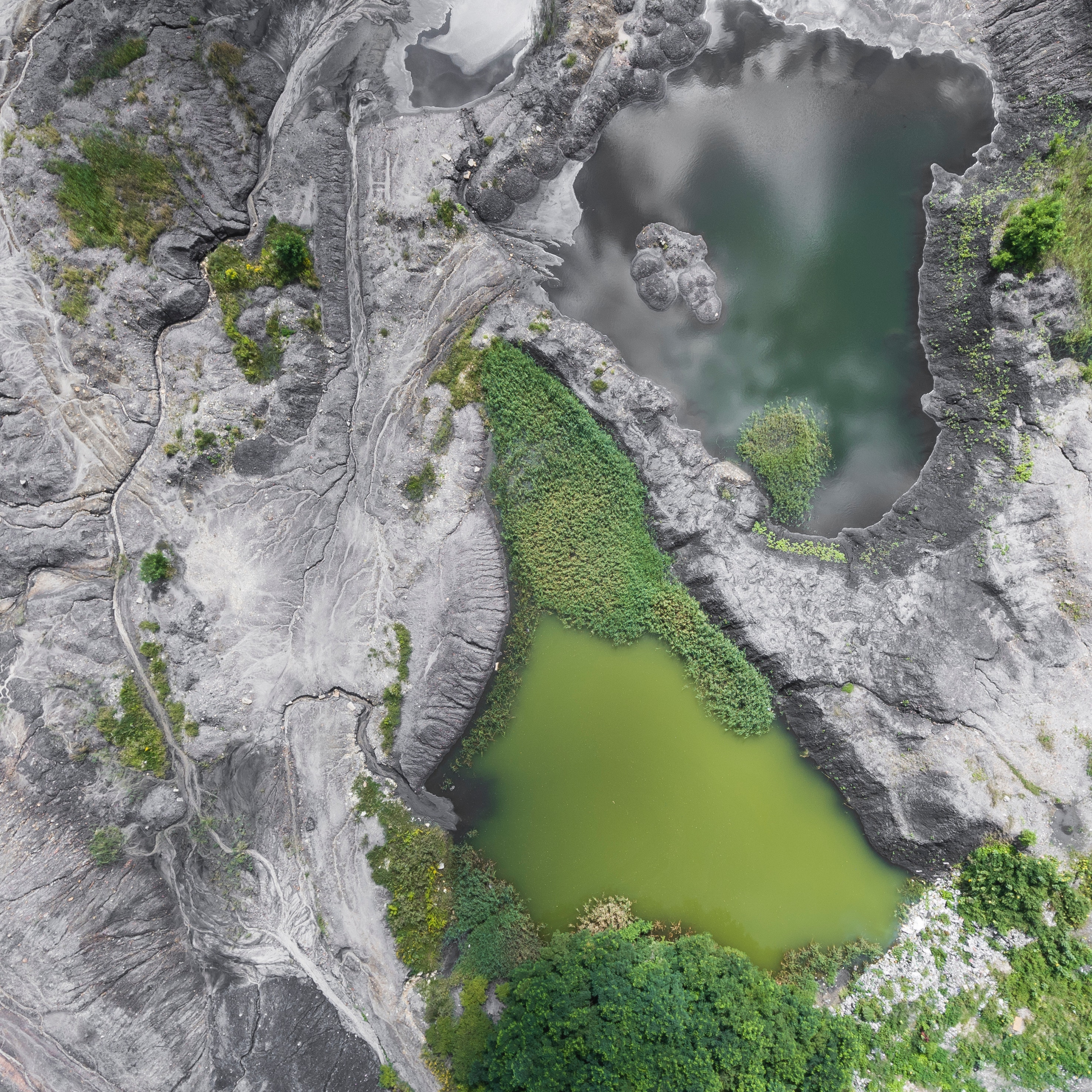February 22, 2023
The Climate Crisis: Feedback Loops and Accelerating Environmental Damage
Book a Demo
The climate crisis continues to be a top news item, as environmental issues take center stage around the world. From extreme weather events to devastating wildfires, it’s clear that the planet is in trouble. In this blog, we’ll look at three recent articles that highlight different aspects of the climate crisis and how it’s impacting our environment.
In a recent article by the World Economic Forum, it’s reported that the climate crisis has been the top news story around the world for the week of February 20th. The article highlights the increasing frequency and severity of extreme weather events, including storms, floods, and heatwaves, which are causing significant damage to communities around the world. It also highlights the economic and social impacts of the climate crisis, including displacement of populations, damage to infrastructure, and loss of livelihoods.
The BBC’s article, on the other hand, focuses on a specific feedback loop that is causing environmental damage to accelerate even faster than previously thought. According to the article, melting permafrost in the Arctic is releasing large amounts of methane into the atmosphere, which is a potent greenhouse gas. The increased methane levels then contribute to further warming, which causes more permafrost to melt, releasing even more methane. This feedback loop creates a dangerous cycle that accelerates the pace of climate change.
Finally, Inside Climate News reports on another feedback loop that’s contributing to the climate crisis. This loop involves the loss of forests and other natural ecosystems, which are critical carbon sinks that absorb carbon dioxide from the atmosphere. When these ecosystems are destroyed or degraded, they release their stored carbon, contributing to even more greenhouse gas emissions. The article highlights the urgency of protecting and restoring natural ecosystems to help slow the pace of climate change.
Taken together, these articles illustrate the complex and interconnected nature of the climate crisis. From extreme weather events to feedback loops and the loss of critical ecosystems, the climate crisis is causing significant and far-reaching damage to our environment and our society. To address this crisis, it’s clear that we need to take bold and urgent action to reduce greenhouse gas emissions, protect natural ecosystems, and build resilient communities that can withstand the impacts of climate change. The clock is ticking, and we can’t afford to wait any longer to act.



